 Guardlink.org is reported to be a ‘Ghost Referrer’ spam that is seen to affect Google Analytics data with the purpose of directing traffic to its website and therefore generating profits. Google Analytics is useful and unique, and it is used to gather information on a website’s traffic. Such ghost referral spams may interfere with the statistics of sites, making the job for the site administrator much more difficult. This could result in consequences such as investments, based on wrong statistics (in case the spam is in huge amounts) and others.
Guardlink.org is reported to be a ‘Ghost Referrer’ spam that is seen to affect Google Analytics data with the purpose of directing traffic to its website and therefore generating profits. Google Analytics is useful and unique, and it is used to gather information on a website’s traffic. Such ghost referral spams may interfere with the statistics of sites, making the job for the site administrator much more difficult. This could result in consequences such as investments, based on wrong statistics (in case the spam is in huge amounts) and others.
What Is Referral Spam and What Is Guardlink.org?
This is the activity of transferring hoax web traffic to a third-party site or a product. This trend has been growing rapidly, and it has to be addressed in time or it can result in serious consequences.
There are two main referral spamming methods that are being widely used at the moment:
Type Number 1: Crawlers
These spamming waves are usually unidentified, and they have the ability to modify rapidly the statistic details (increase bounce rate rapidly, for example). Some spammers in this category remove a site from their spamming ‘list’ after they have been notified to stop or after users have input their site links in removal options tools on their sites. However, some may remain and have to be prevented from analytics, which may prove to be a headache in some cases.
Type Number 2: Ghost Referrer
This kind of traffic is what Guardlink.org is may be very malefic to an affected site in some cases. In case you are using Google Analytics, there is a big chance that you have already seen such type of spam since it is also the most widely distributed.
Some experts, like Ben Davis at viget.com, report that this sort of spam does not have an actual presence on a site. In some cases spammers may have exploited the free information transferring through HTTP-based prompts. This means that a spammer can spoof (i.e. fake) an HTTP session without much sweat. This could be done with software, designed for this particular purpose. It may send hoax HTTP requests directed to various Analytics options, and this may eliminate the need for the program even visiting a site that it is targeting. Also, experts report that it can fake search results as well.
Guardlink.org may corrupt Google Analytics statistical information, resulting in modifications in traffic and duration times which could devalue the data. This is frustrating since it makes it difficult if you attempt to take measures and analyse the traffic, click rates and others. Sites with traffic rates that are considered to be low, in general, are in greater danger. This is because only one spamming domain may devalue the data on a site for a very short time. And there are many domains being reported on a very often basis.
Similar to other referral spam sites, such as erot.co spam that has been reported for some other malicious acivities, guardlink.org may result in several different consequences for the user:
-It could replace its URL with the victim site’s link, and this can lead to identifying the victim site as a spamming one. This could happen without any knowledge of the user and may be devastating in the long term for the place, if not treated properly.
-It may modify the SEO measures, by creating links from victim sites that include them in their access logs. Such tactic is usually done with the purpose of gaining popularity in Google search results for the spammers’ web link. This could affect any website with analytic data published.
-It might spread malware by creating links from sites that include it in their content. This is very dangerous since data could be obtained directly from the site, giving spammers the opportunity to send even more spam. Also, there is the nightmarish possibility that if this happens, a huge chunk of the information on the site data may be compromised – users’ personal information, financial information, etc.
Guardlink.org claims on their web page to create secure links that protect users who upload or share data on the web for extended periods of time. However, when we tried to create such a hotlink, it redirected to their web page, generating its owners traffic.
Guardlink.org – How To Protect Yourself
In case you have spotted links, similar to www.guardlink.og/XJ332aB this is a clear sign that you have a referral spam on your GA. Experts, like the web analyst Carlos Escalera from ohow.com advise following the after mentioned instructions to create filters for such domains.
→Filtering Guardlinkg.org:
Step 1: Click on the ‘Admin’ tab on your GA web page.
Step 2: Choose which ‘View’ is to be filtered and then click the ‘Filters’ button.
Step 3: Click on ‘New Filter’
Step 4: Write a name, such as ‘Spam Referrals’.
Step 5: On Filter Type choose Custom Filter –>Exclude Filter –> Field: Campaign Source–> Filter Pattern. Then on the Pattern, enter the domain name – guardlink.com
Step 6: Save the filter, by clicking on the ‘Save’ button.
You are done! Congratulations!
Bear in mind that if you have already done this procedure it is possible to add only guardlink.org to the same to save characters. In case you have seen this spam long enough, recommendations are to download a reputable anti-malware tool on your system in order to detect any threats that might be associated with this malicious domain and ensure further protection.

Spy Hunter scanner will only detect the threat. If you want the threat to be automatically removed, you need to purchase the full version of the anti-malware tool.Find Out More About SpyHunter Anti-Malware Tool / How to Uninstall SpyHunter
- Windows
- Mac OS X
- Google Chrome
- Mozilla Firefox
- Microsoft Edge
- Safari
- Internet Explorer
- Stop Push Pop-ups
How to Remove Guardlink.org from Windows.
Step 1: Scan for Guardlink.org with SpyHunter Anti-Malware Tool
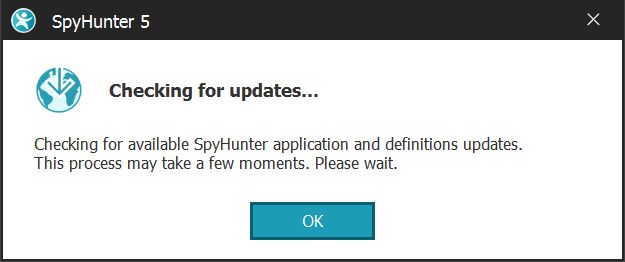
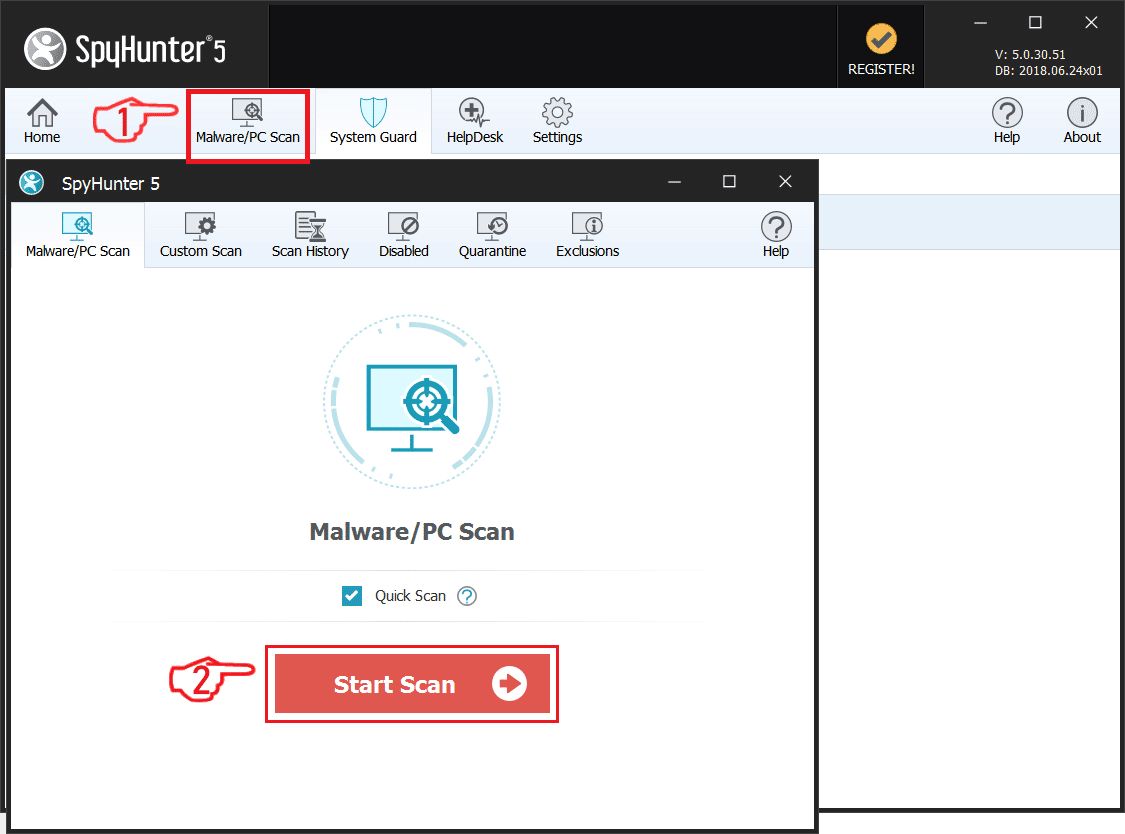
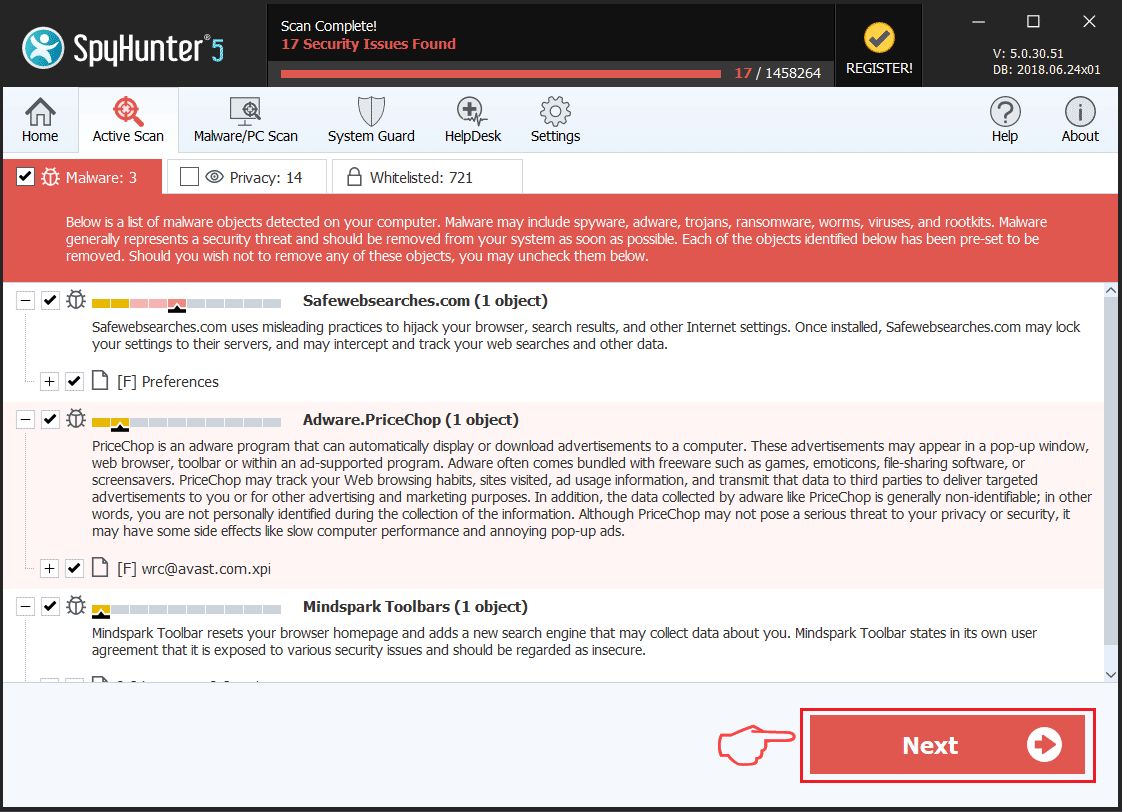
Step 2: Boot Your PC In Safe Mode

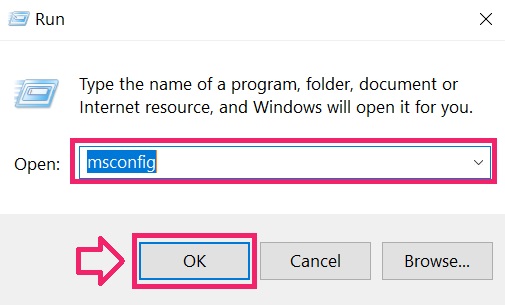
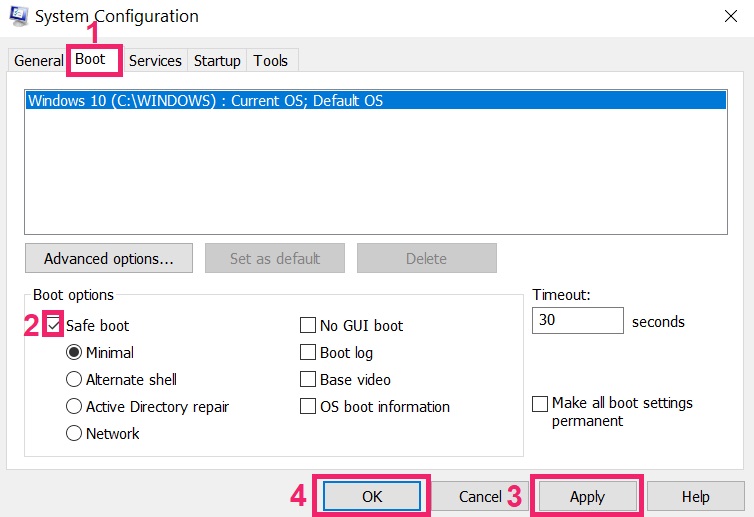
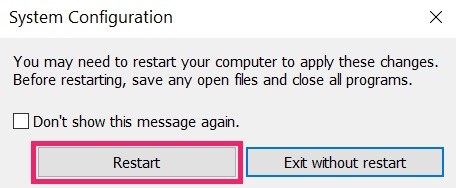
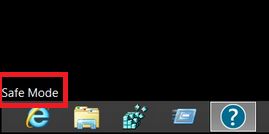
Step 3: Uninstall Guardlink.org and related software from Windows
Uninstall Steps for Windows 11
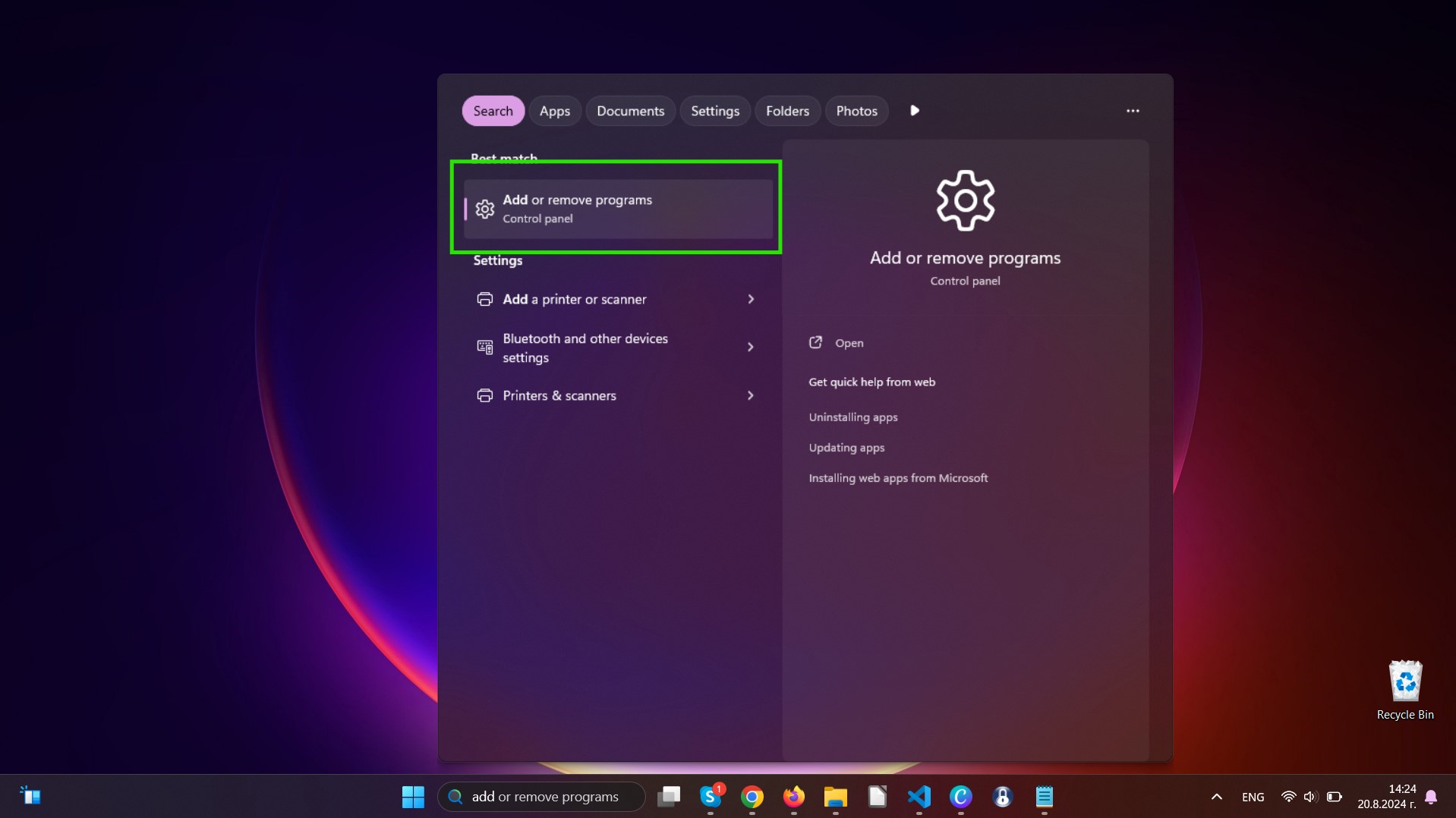
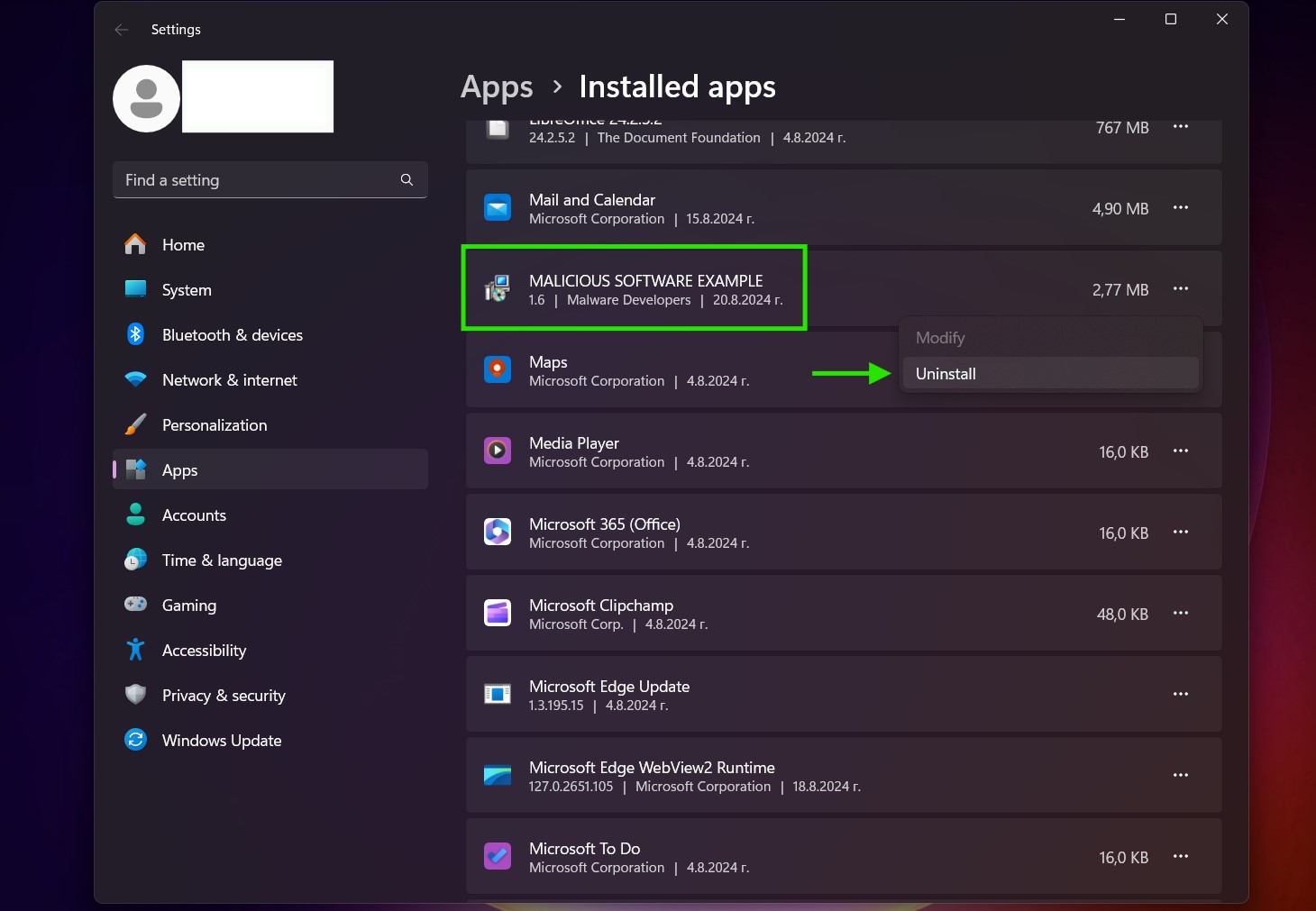
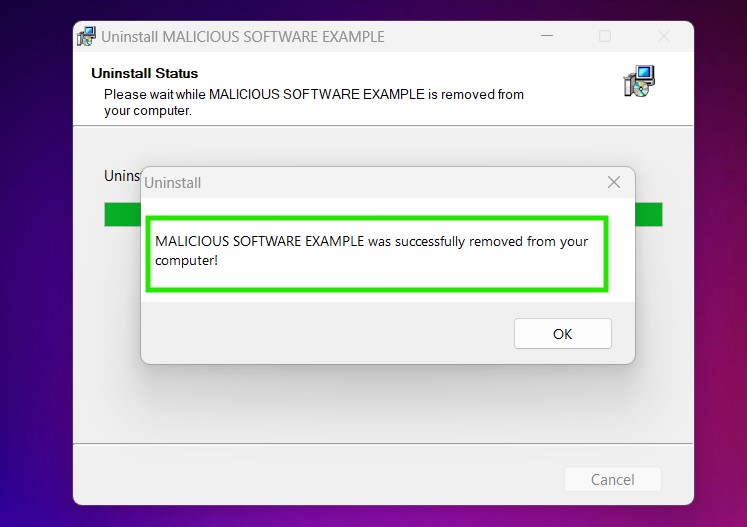
Uninstall Steps for Windows 10 and Older Versions
Here is a method in few easy steps that should be able to uninstall most programs. No matter if you are using Windows 10, 8, 7, Vista or XP, those steps will get the job done. Dragging the program or its folder to the recycle bin can be a very bad decision. If you do that, bits and pieces of the program are left behind, and that can lead to unstable work of your PC, errors with the file type associations and other unpleasant activities. The proper way to get a program off your computer is to Uninstall it. To do that:

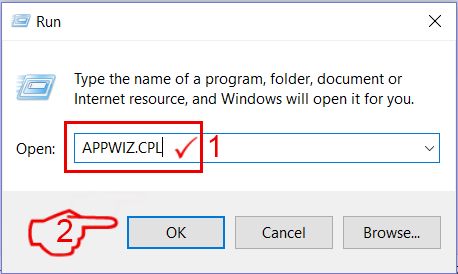
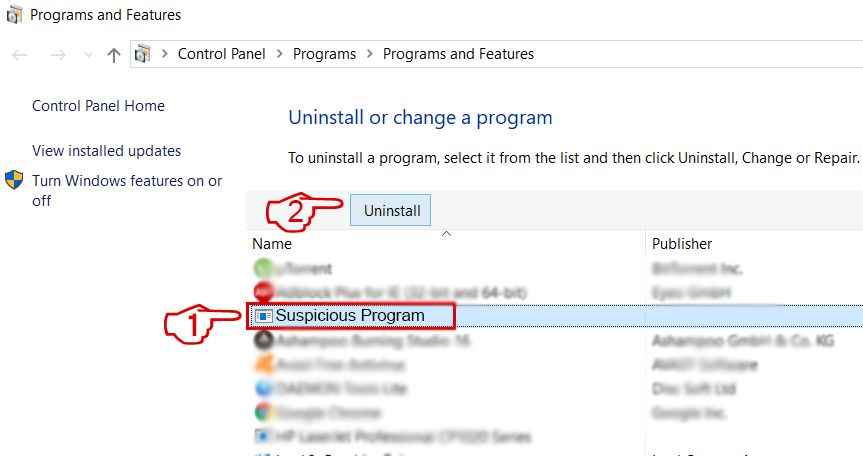 Follow the instructions above and you will successfully uninstall most programs.
Follow the instructions above and you will successfully uninstall most programs.
Step 4: Clean Any registries, Created by Guardlink.org on Your PC.
The usually targeted registries of Windows machines are the following:
- HKEY_LOCAL_MACHINE\Software\Microsoft\Windows\CurrentVersion\Run
- HKEY_CURRENT_USER\Software\Microsoft\Windows\CurrentVersion\Run
- HKEY_LOCAL_MACHINE\Software\Microsoft\Windows\CurrentVersion\RunOnce
- HKEY_CURRENT_USER\Software\Microsoft\Windows\CurrentVersion\RunOnce
You can access them by opening the Windows registry editor and deleting any values, created by Guardlink.org there. This can happen by following the steps underneath:
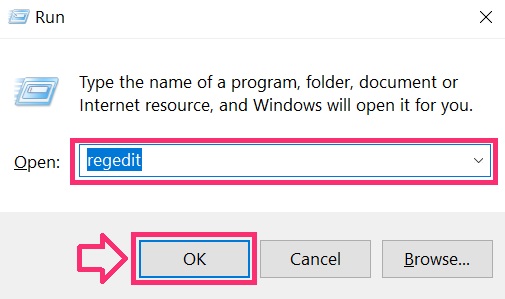

 Tip: To find a virus-created value, you can right-click on it and click "Modify" to see which file it is set to run. If this is the virus file location, remove the value.
Tip: To find a virus-created value, you can right-click on it and click "Modify" to see which file it is set to run. If this is the virus file location, remove the value.
Video Removal Guide for Guardlink.org (Windows).
Get rid of Guardlink.org from Mac OS X.
Step 1: Uninstall Guardlink.org and remove related files and objects
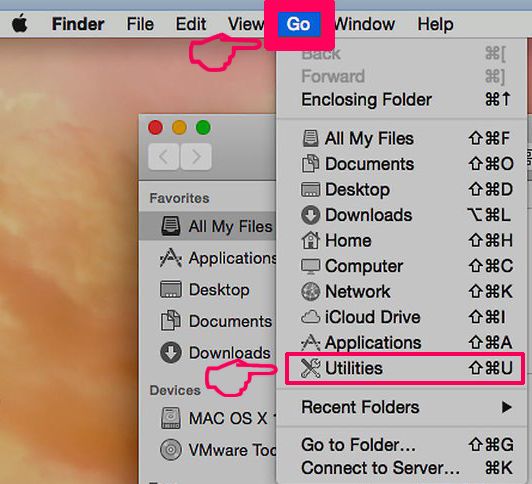
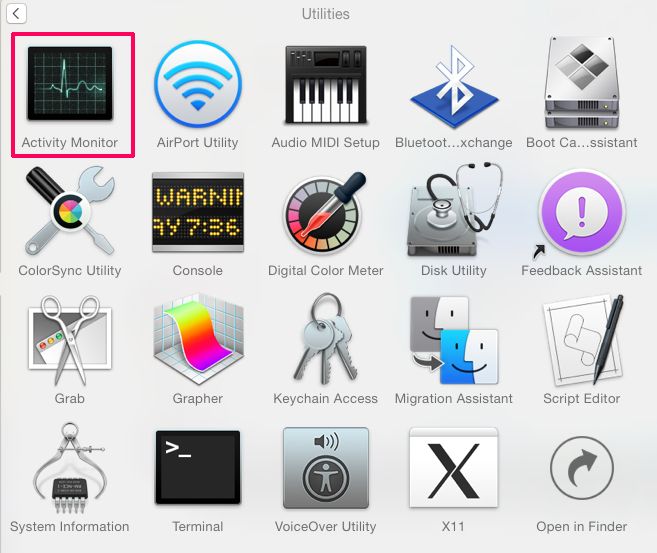
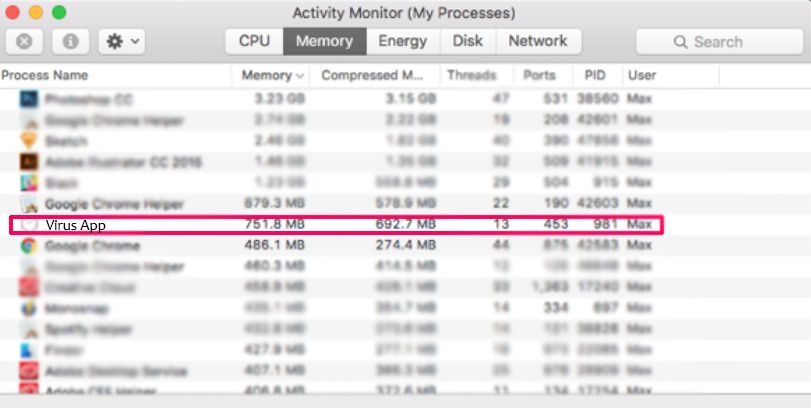
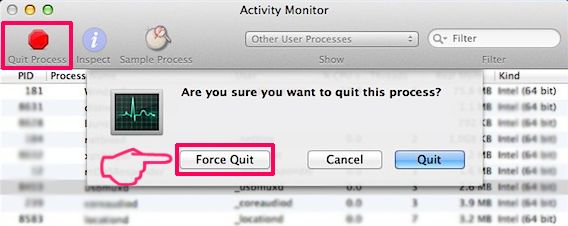
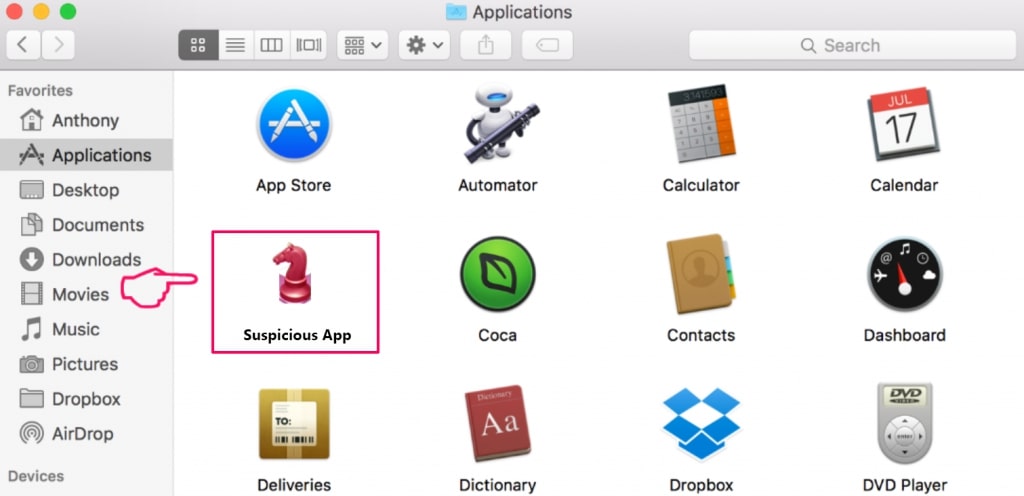
Your Mac will then show you a list of items that start automatically when you log in. Look for any suspicious apps identical or similar to Guardlink.org. Check the app you want to stop from running automatically and then select on the Minus (“-“) icon to hide it.
- Go to Finder.
- In the search bar type the name of the app that you want to remove.
- Above the search bar change the two drop down menus to “System Files” and “Are Included” so that you can see all of the files associated with the application you want to remove. Bear in mind that some of the files may not be related to the app so be very careful which files you delete.
- If all of the files are related, hold the ⌘+A buttons to select them and then drive them to “Trash”.
In case you cannot remove Guardlink.org via Step 1 above:
In case you cannot find the virus files and objects in your Applications or other places we have shown above, you can manually look for them in the Libraries of your Mac. But before doing this, please read the disclaimer below:
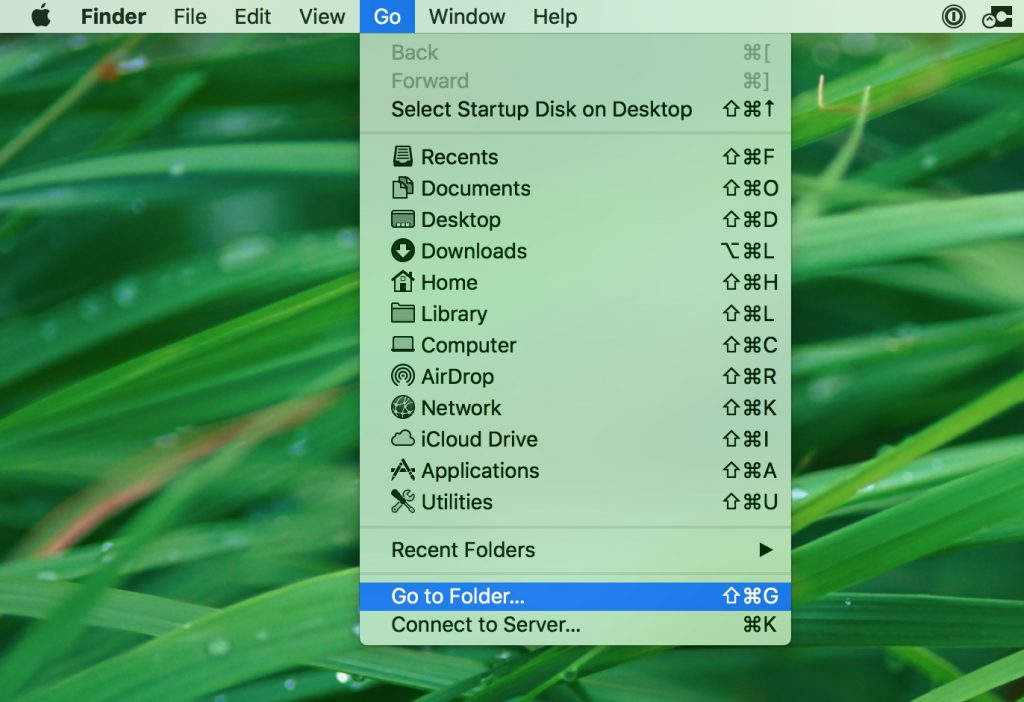
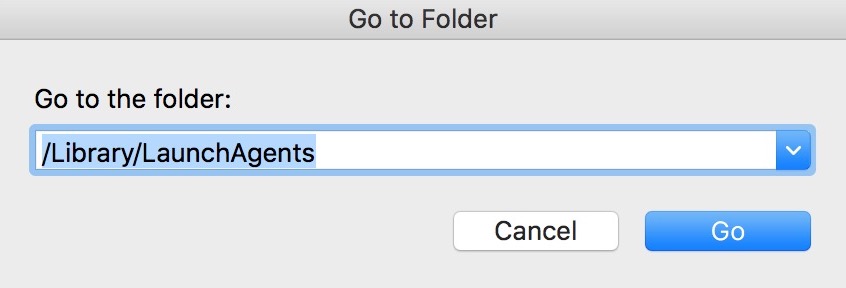
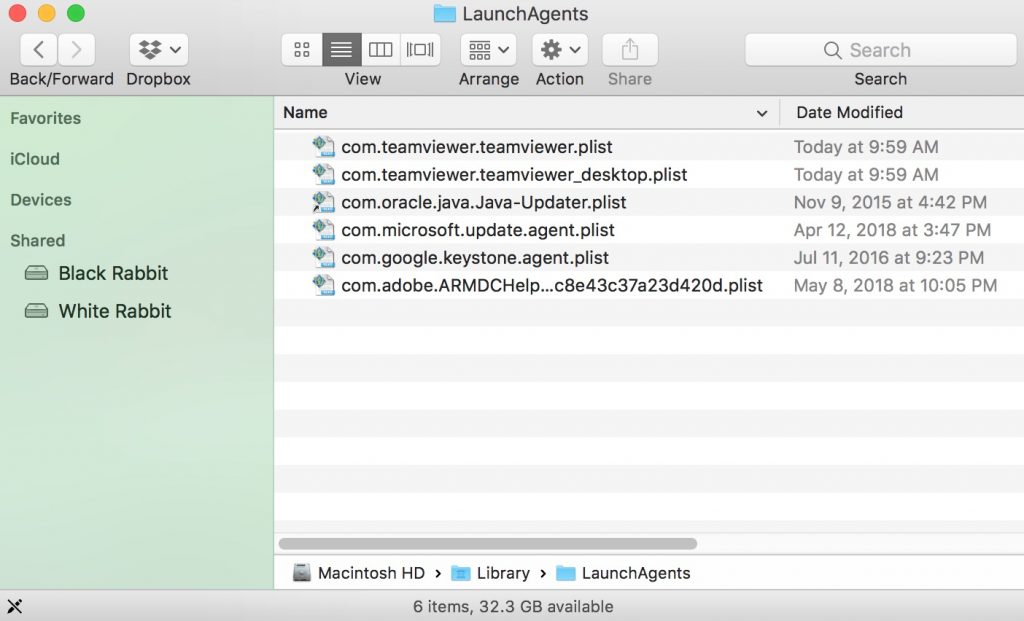
You can repeat the same procedure with the following other Library directories:
→ ~/Library/LaunchAgents
/Library/LaunchDaemons
Tip: ~ is there on purpose, because it leads to more LaunchAgents.
Step 2: Scan for and remove Guardlink.org files from your Mac
When you are facing problems on your Mac as a result of unwanted scripts and programs such as Guardlink.org, the recommended way of eliminating the threat is by using an anti-malware program. SpyHunter for Mac offers advanced security features along with other modules that will improve your Mac’s security and protect it in the future.
Video Removal Guide for Guardlink.org (Mac)
Remove Guardlink.org from Google Chrome.
Step 1: Start Google Chrome and open the drop menu
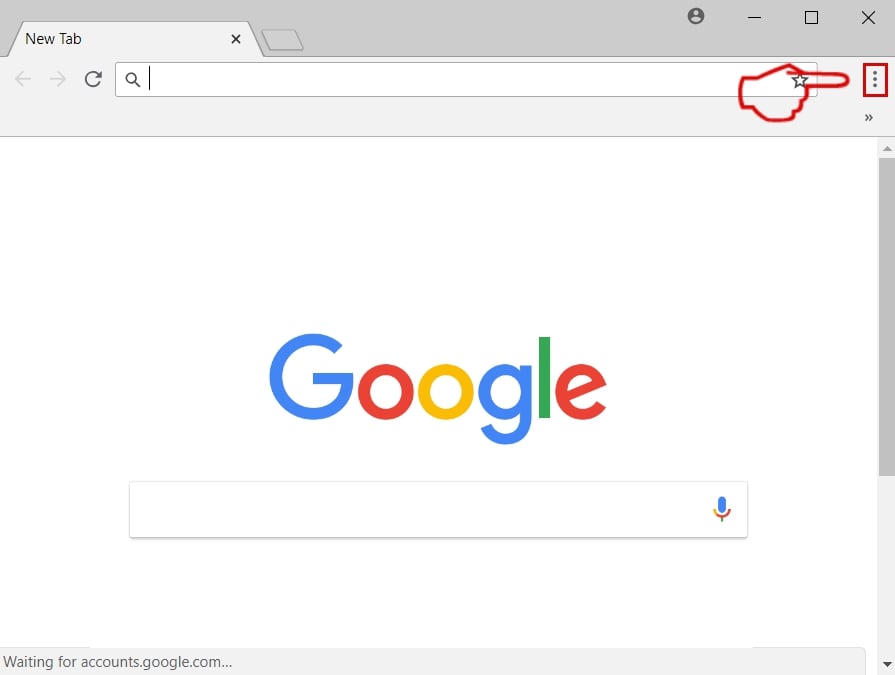
Step 2: Move the cursor over "Tools" and then from the extended menu choose "Extensions"
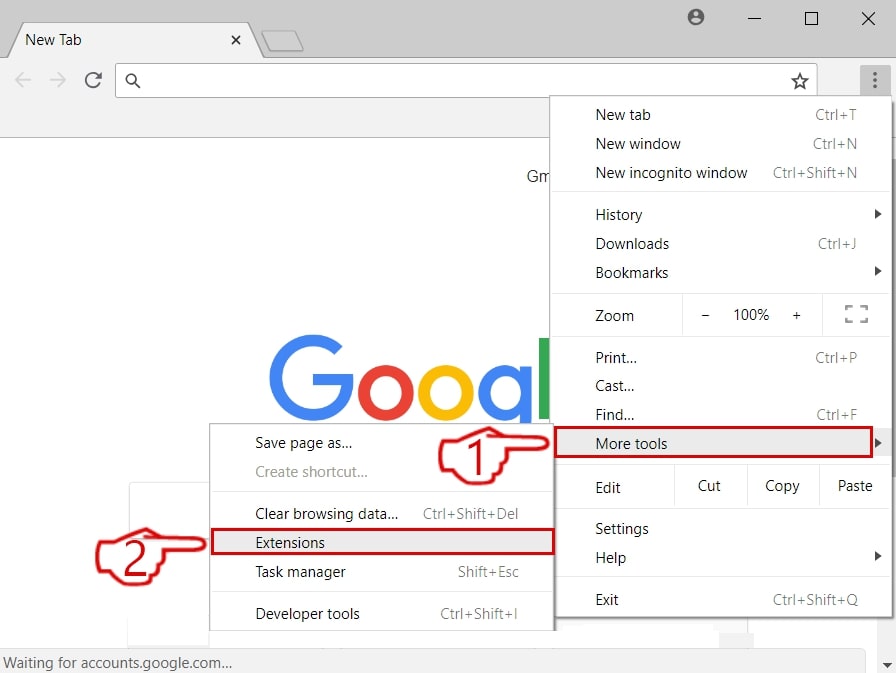
Step 3: From the opened "Extensions" menu locate the unwanted extension and click on its "Remove" button.
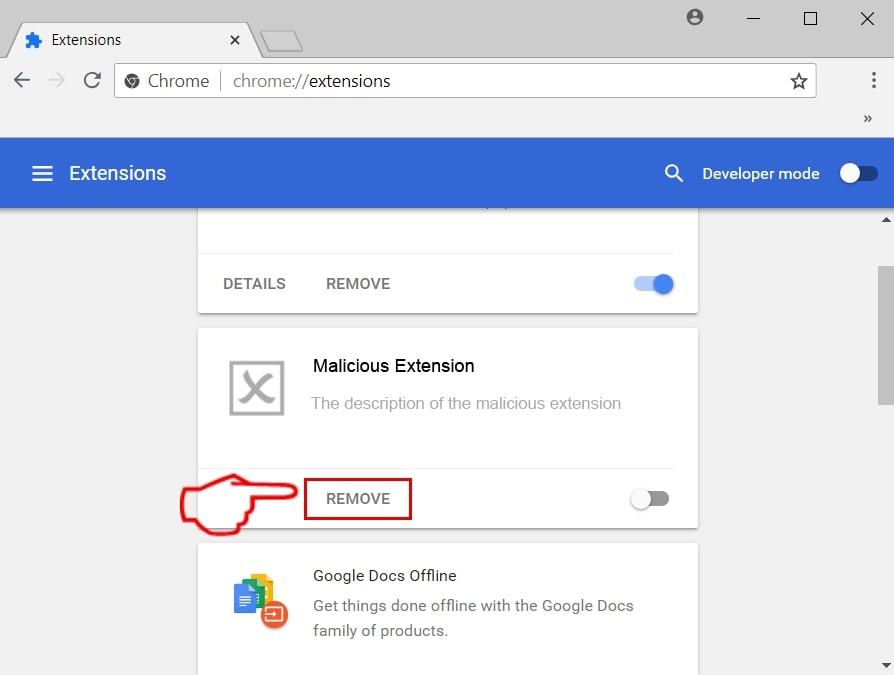
Step 4: After the extension is removed, restart Google Chrome by closing it from the red "X" button at the top right corner and start it again.
Erase Guardlink.org from Mozilla Firefox.
Step 1: Start Mozilla Firefox. Open the menu window:
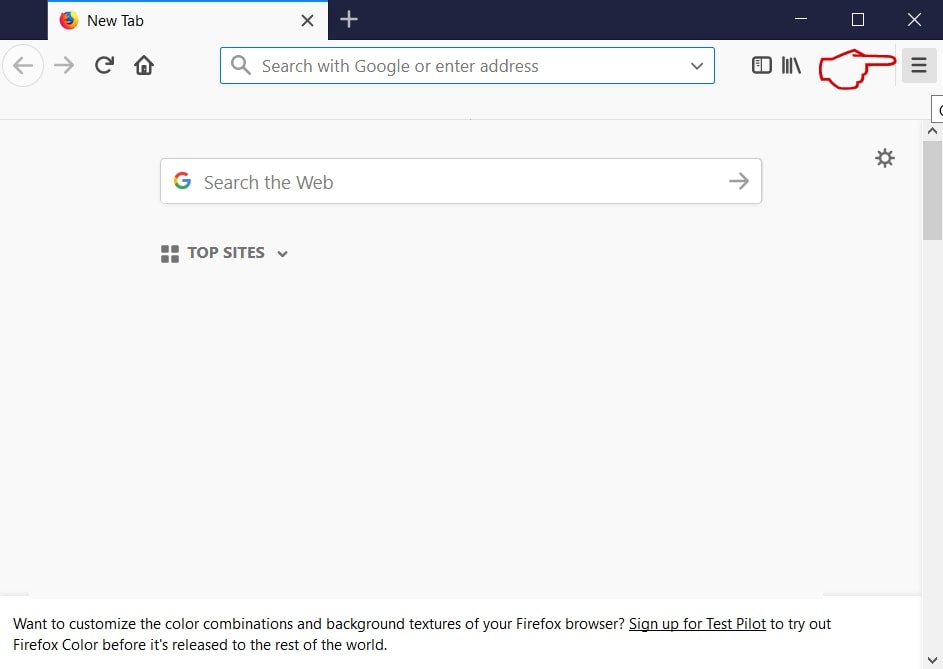
Step 2: Select the "Add-ons" icon from the menu.
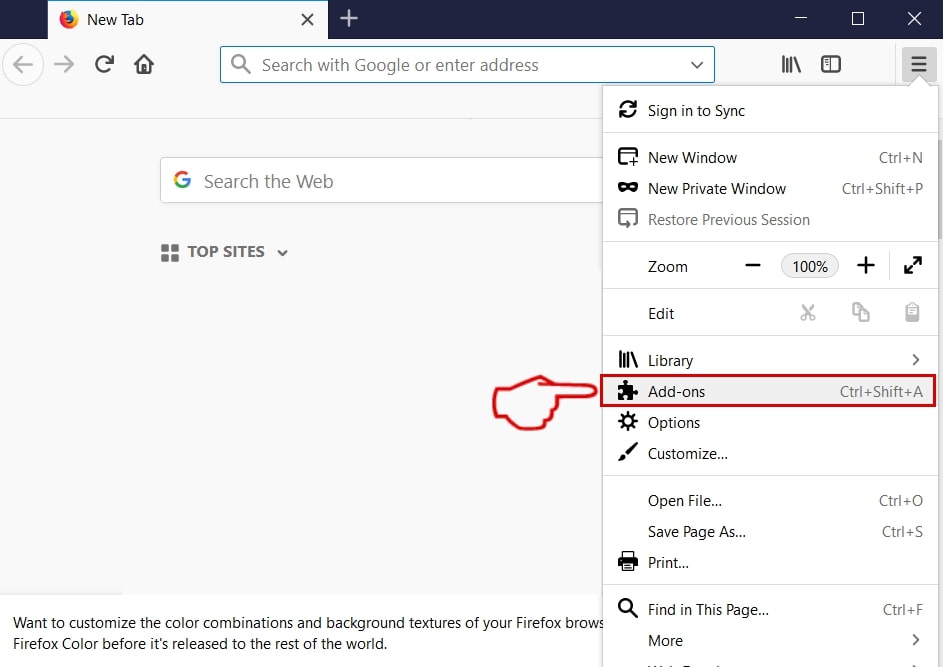
Step 3: Select the unwanted extension and click "Remove"

Step 4: After the extension is removed, restart Mozilla Firefox by closing it from the red "X" button at the top right corner and start it again.
Uninstall Guardlink.org from Microsoft Edge.
Step 1: Start Edge browser.
Step 2: Open the drop menu by clicking on the icon at the top right corner.
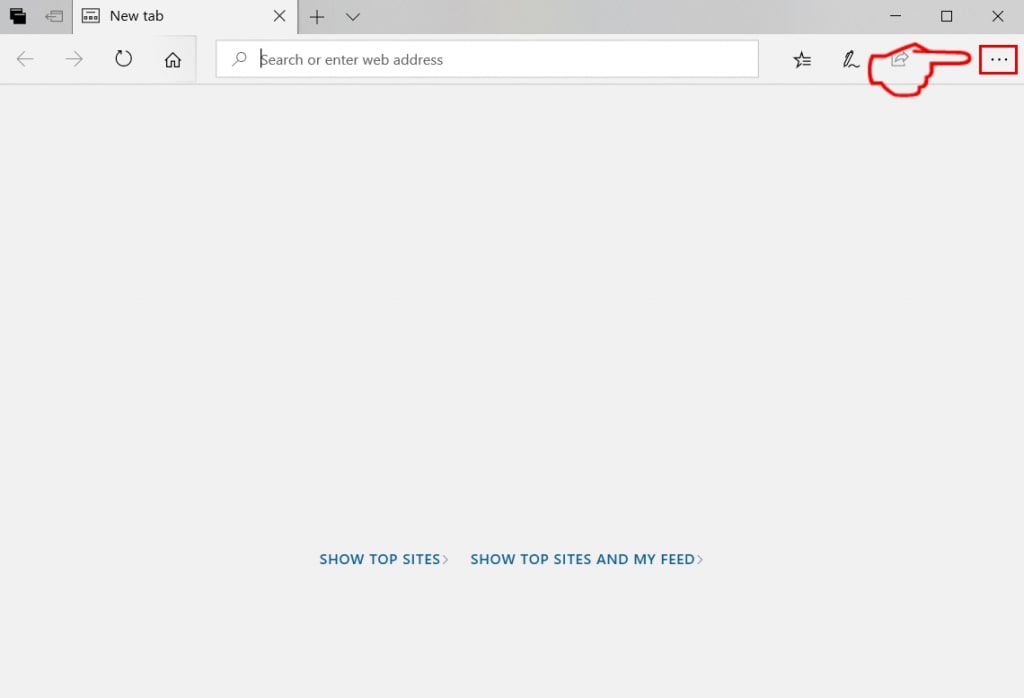
Step 3: From the drop menu select "Extensions".
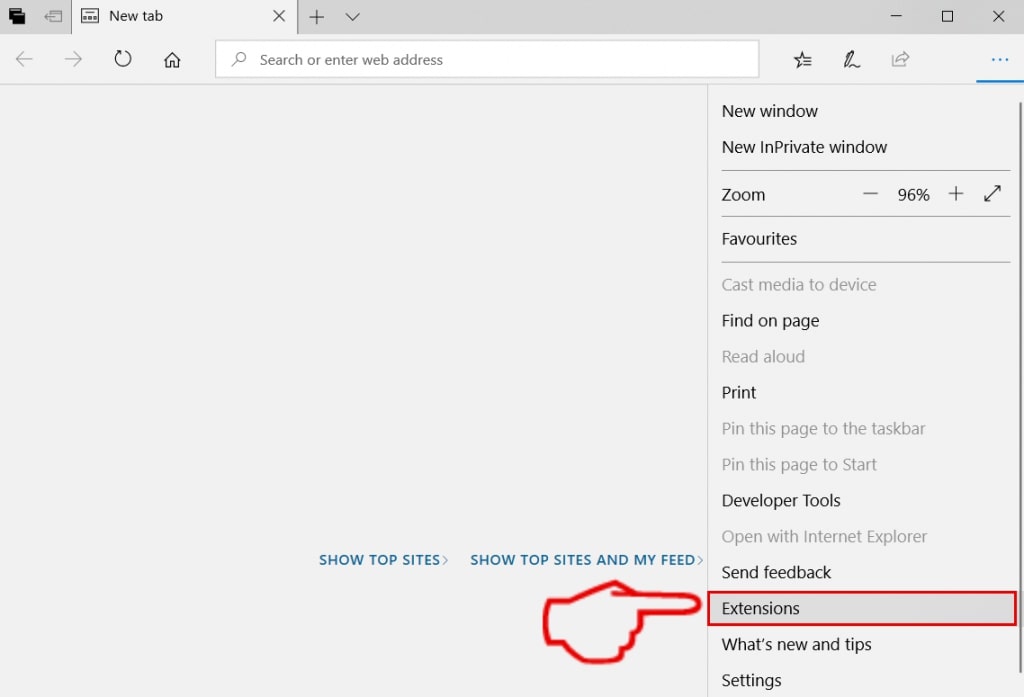
Step 4: Choose the suspected malicious extension you want to remove and then click on the gear icon.
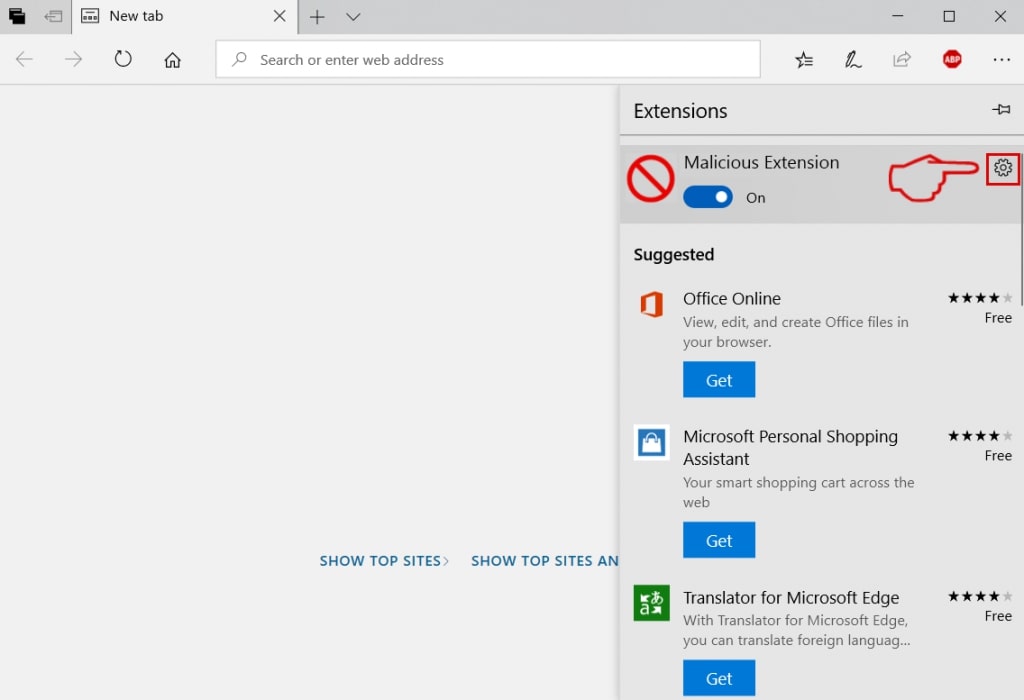
Step 5: Remove the malicious extension by scrolling down and then clicking on Uninstall.
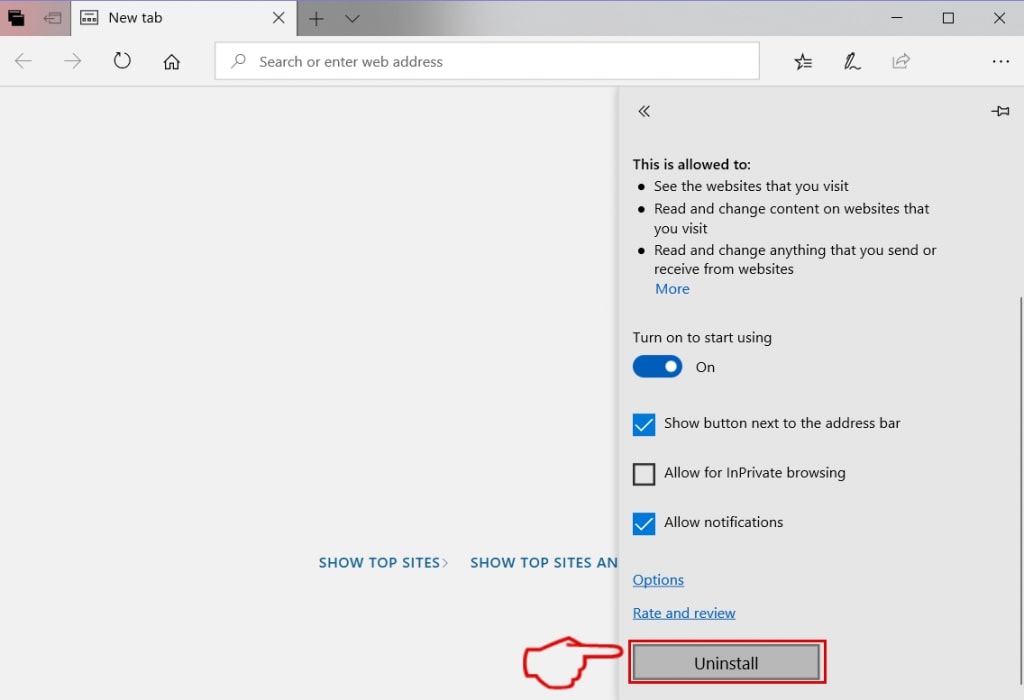
Remove Guardlink.org from Safari
Step 1: Start the Safari app.
Step 2: After hovering your mouse cursor to the top of the screen, click on the Safari text to open its drop down menu.
Step 3: From the menu, click on "Preferences".
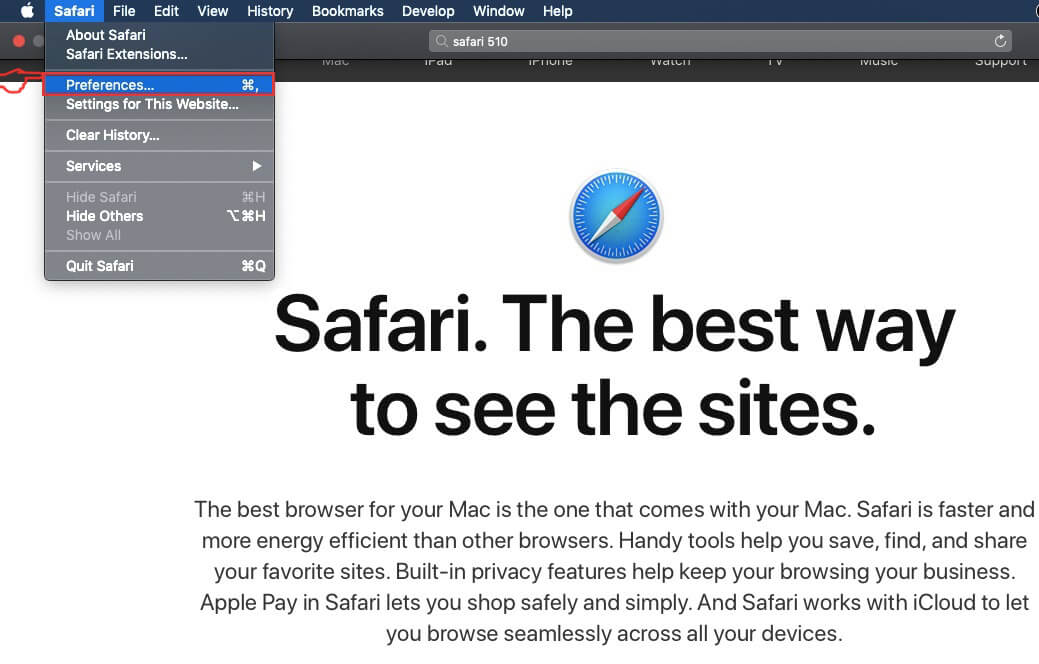
Step 4: After that, select the 'Extensions' Tab.

Step 5: Click once on the extension you want to remove.
Step 6: Click 'Uninstall'.
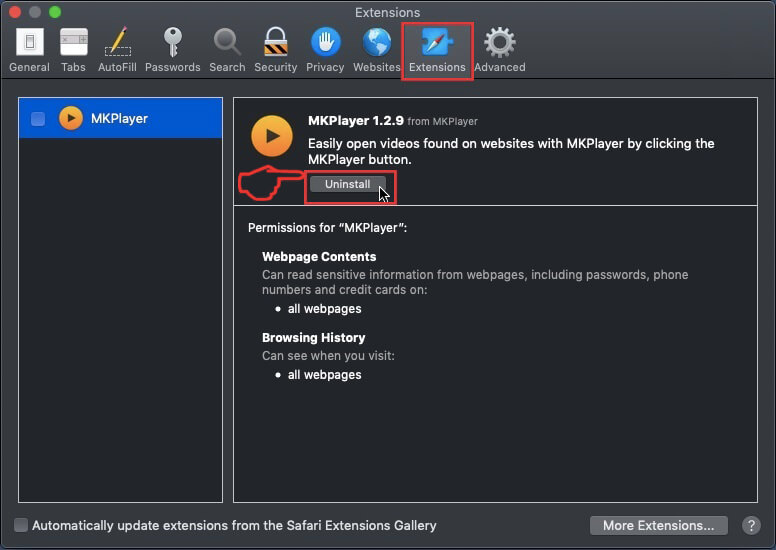
A pop-up window will appear asking for confirmation to uninstall the extension. Select 'Uninstall' again, and the Guardlink.org will be removed.
Eliminate Guardlink.org from Internet Explorer.
Step 1: Start Internet Explorer.
Step 2: Click on the gear icon labeled 'Tools' to open the drop menu and select 'Manage Add-ons'
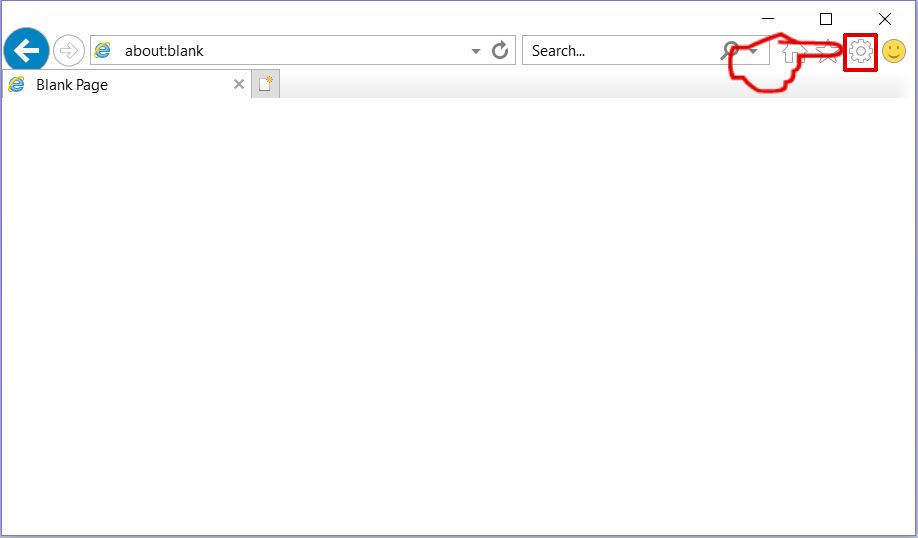
Step 3: In the 'Manage Add-ons' window.
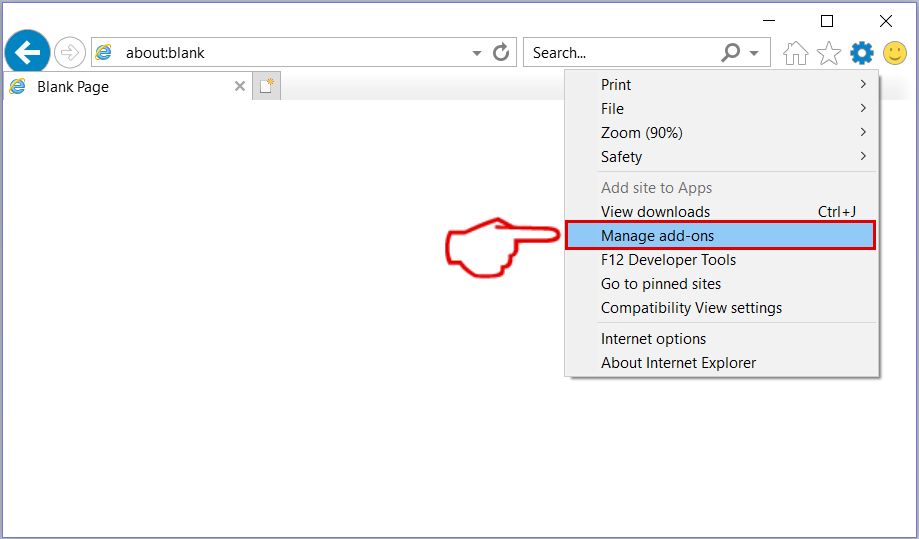
Step 4: Select the extension you want to remove and then click 'Disable'. A pop-up window will appear to inform you that you are about to disable the selected extension, and some more add-ons might be disabled as well. Leave all the boxes checked, and click 'Disable'.
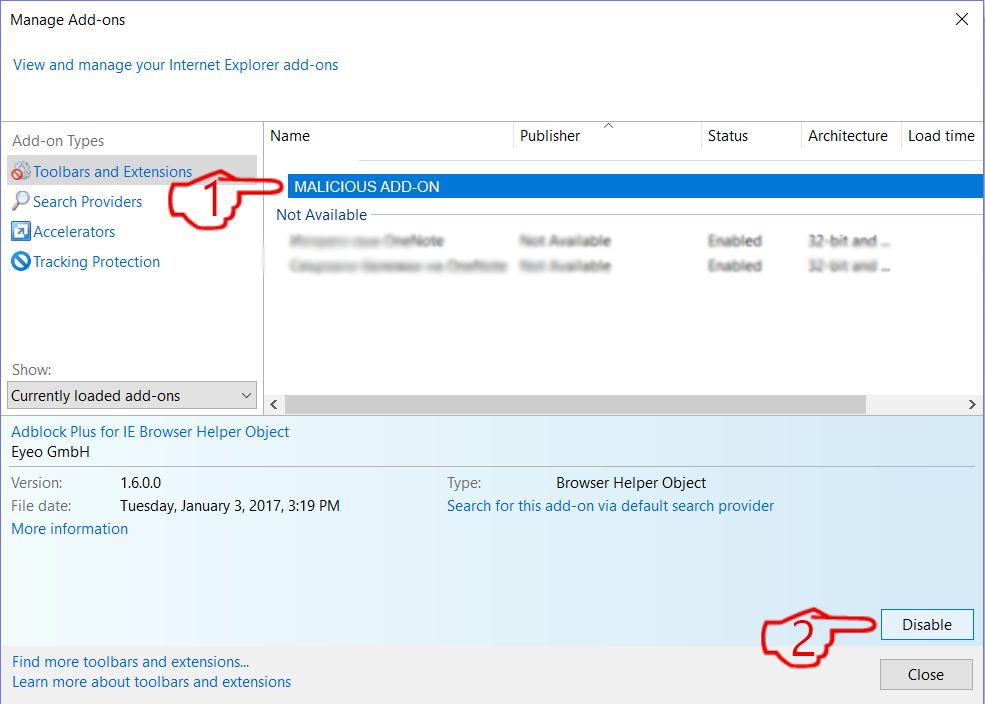
Step 5: After the unwanted extension has been removed, restart Internet Explorer by closing it from the red 'X' button located at the top right corner and start it again.
Remove Push Notifications from Your Browsers
Turn Off Push Notifications from Google Chrome
To disable any Push Notices from Google Chrome browser, please follow the steps below:
Step 1: Go to Settings in Chrome.
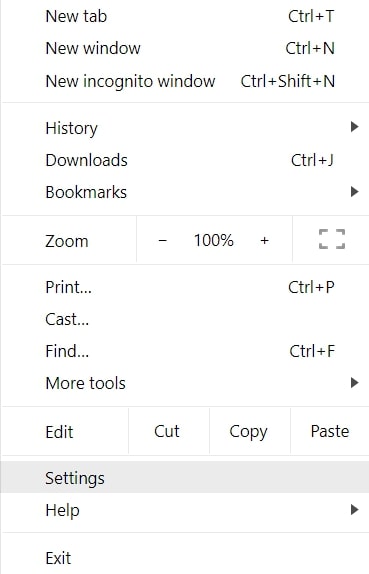
Step 2: In Settings, select “Advanced Settings”:
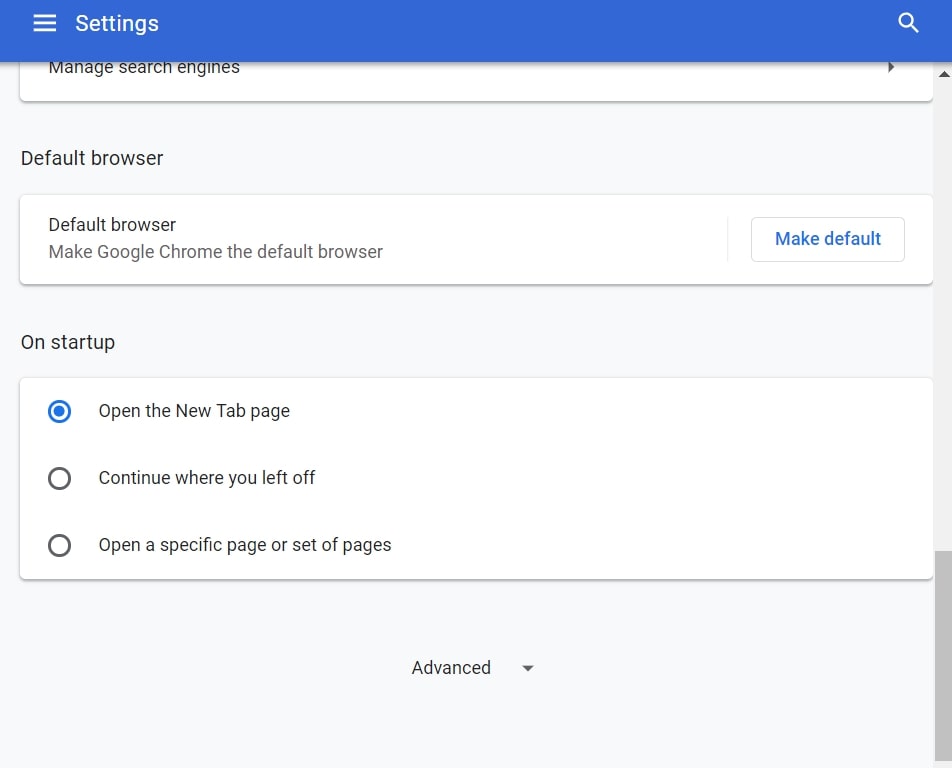
Step 3: Click “Content Settings”:
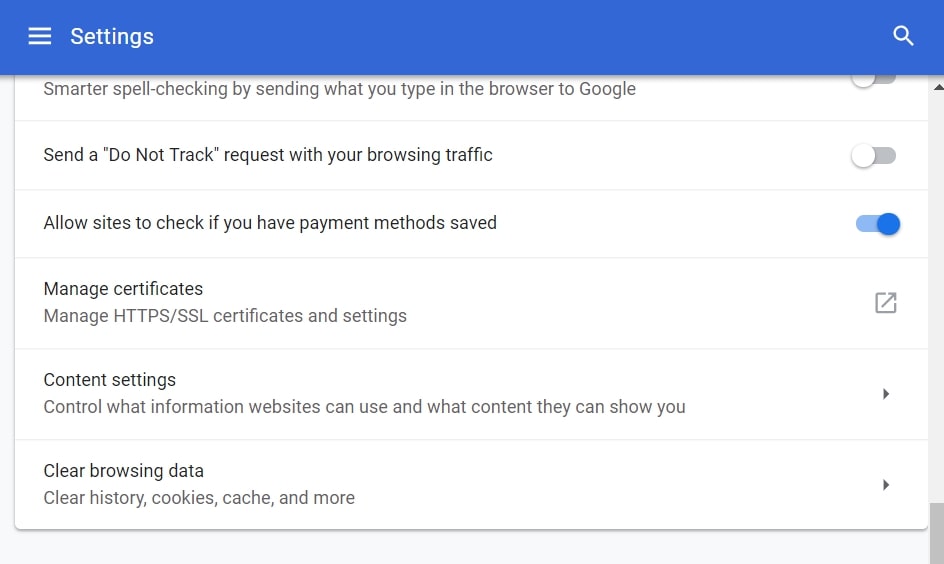
Step 4: Open “Notifications”:
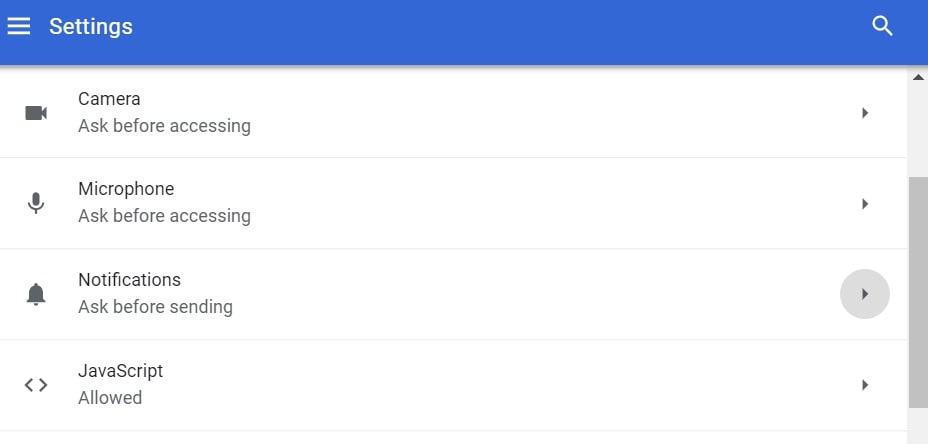
Step 5: Click the three dots and choose Block, Edit or Remove options:

Remove Push Notifications on Firefox
Step 1: Go to Firefox Options.
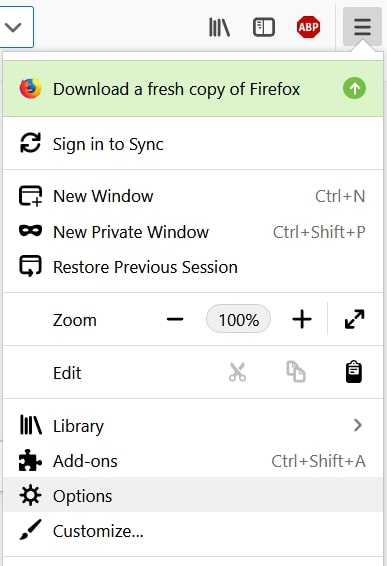
Step 2: Go to “Settings”, type “notifications” in the search bar and click "Settings":
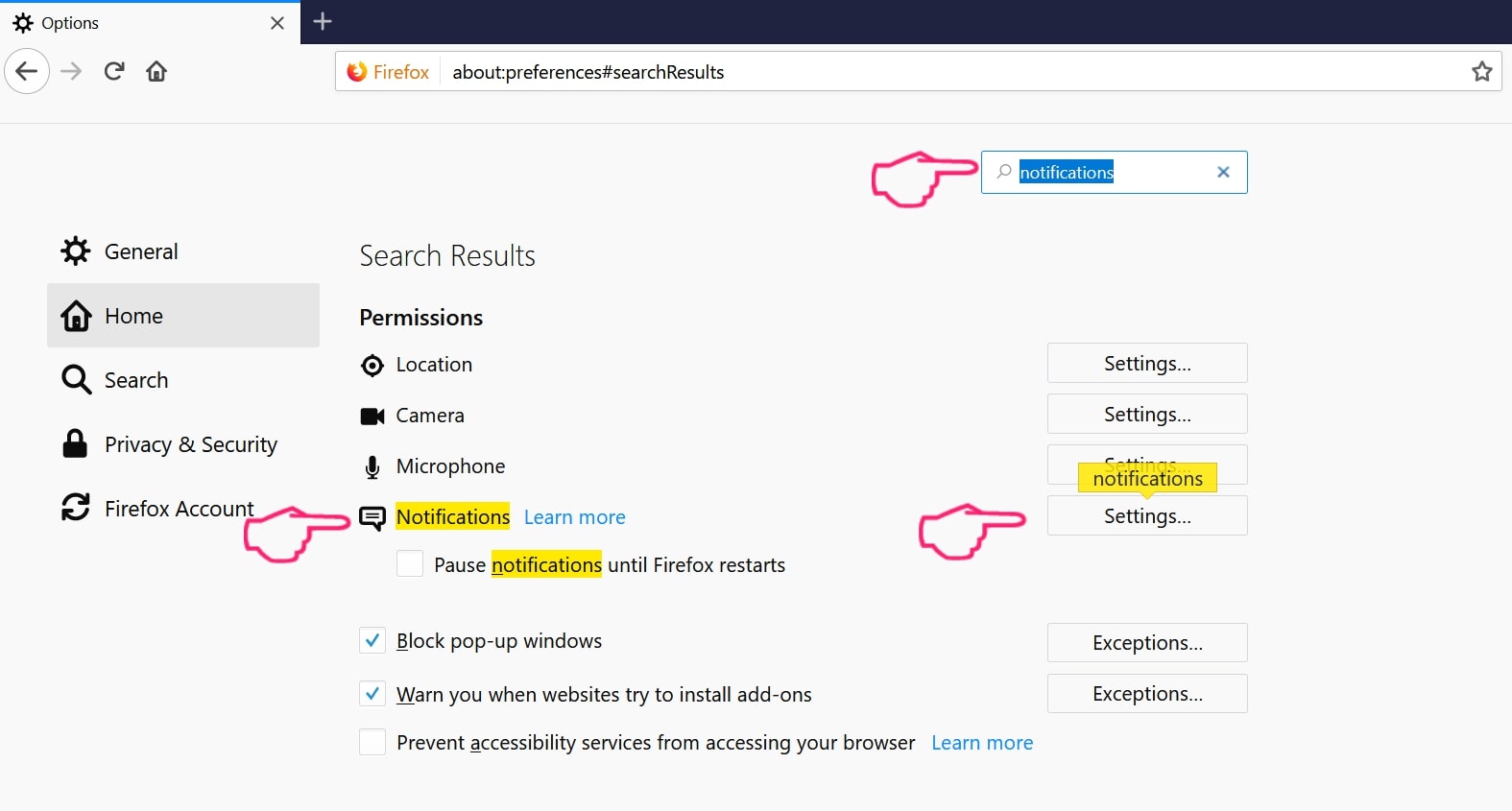
Step 3: Click “Remove” on any site you wish notifications gone and click “Save Changes”
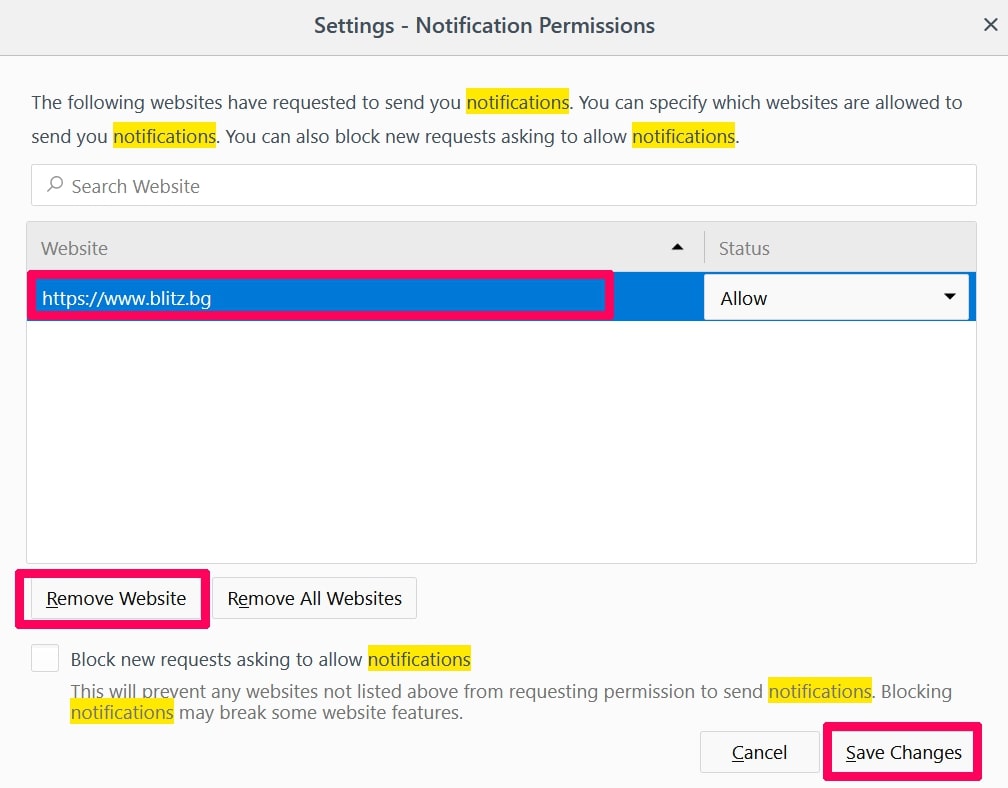
Stop Push Notifications on Opera
Step 1: In Opera, press ALT+P to go to Settings.

Step 2: In Setting search, type “Content” to go to Content Settings.
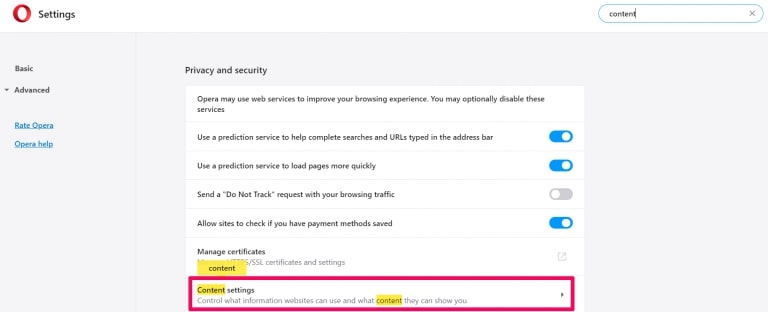
Step 3: Open Notifications:
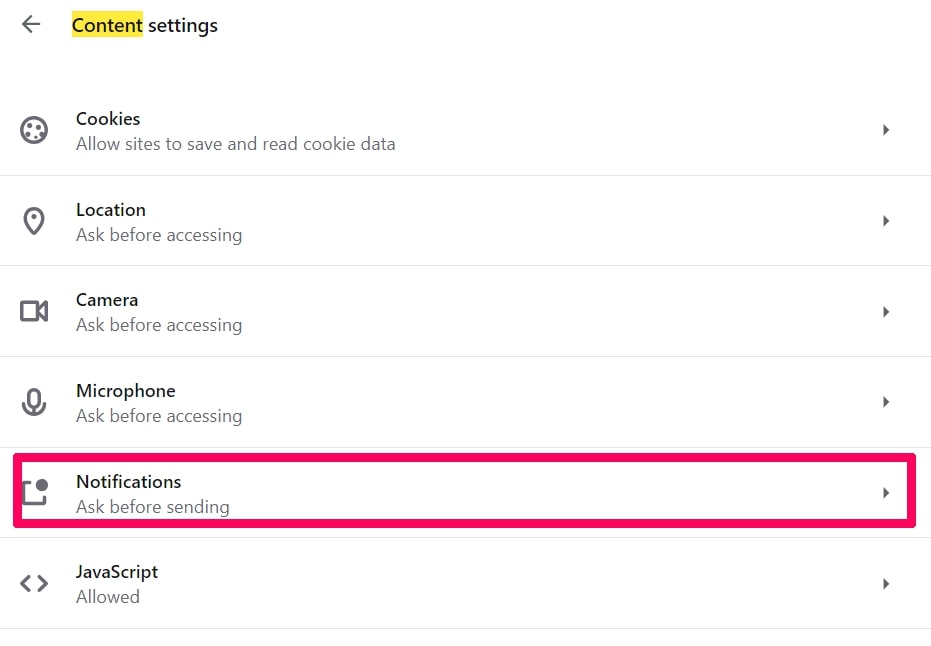
Step 4: Do the same as you did with Google Chrome (explained below):
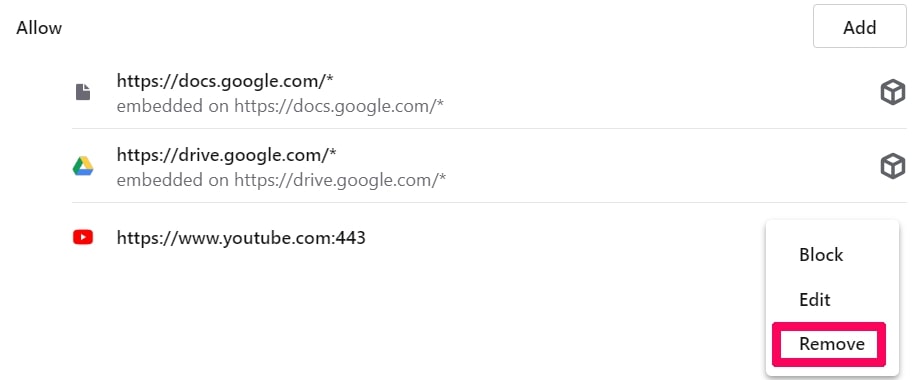
Eliminate Push Notifications on Safari
Step 1: Open Safari Preferences.
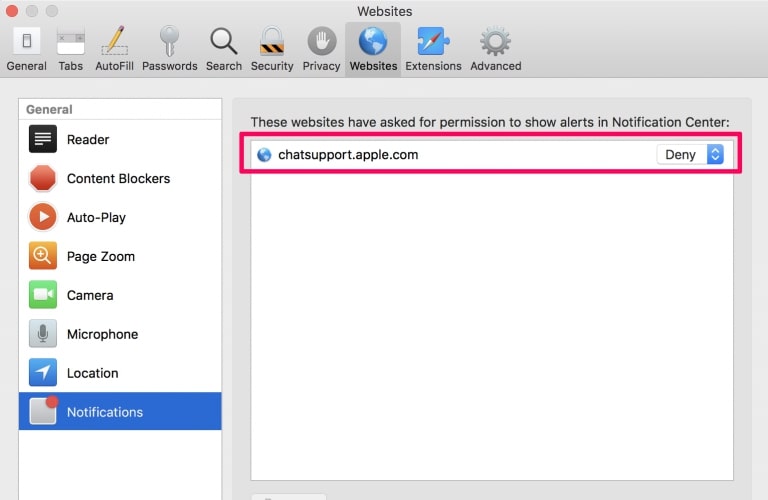
Step 2: Choose the domain from where you like push pop-ups gone and change to "Deny" from "Allow".
Guardlink.org-FAQ
What Is Guardlink.org?
The Guardlink.org threat is adware or browser redirect virus.
It may slow your computer down significantly and display advertisements. The main idea is for your information to likely get stolen or more ads to appear on your device.
The creators of such unwanted apps work with pay-per-click schemes to get your computer to visit risky or different types of websites that may generate them funds. This is why they do not even care what types of websites show up on the ads. This makes their unwanted software indirectly risky for your OS.
What Are the Symptoms of Guardlink.org?
There are several symptoms to look for when this particular threat and also unwanted apps in general are active:
Symptom #1: Your computer may become slow and have poor performance in general.
Symptom #2: You have toolbars, add-ons or extensions on your web browsers that you don't remember adding.
Symptom #3: You see all types of ads, like ad-supported search results, pop-ups and redirects to randomly appear.
Symptom #4: You see installed apps on your Mac running automatically and you do not remember installing them.
Symptom #5: You see suspicious processes running in your Task Manager.
If you see one or more of those symptoms, then security experts recommend that you check your computer for viruses.
What Types of Unwanted Programs Are There?
According to most malware researchers and cyber-security experts, the threats that can currently affect your device can be rogue antivirus software, adware, browser hijackers, clickers, fake optimizers and any forms of PUPs.
What to Do If I Have a "virus" like Guardlink.org?
With few simple actions. First and foremost, it is imperative that you follow these steps:
Step 1: Find a safe computer and connect it to another network, not the one that your Mac was infected in.
Step 2: Change all of your passwords, starting from your email passwords.
Step 3: Enable two-factor authentication for protection of your important accounts.
Step 4: Call your bank to change your credit card details (secret code, etc.) if you have saved your credit card for online shopping or have done online activities with your card.
Step 5: Make sure to call your ISP (Internet provider or carrier) and ask them to change your IP address.
Step 6: Change your Wi-Fi password.
Step 7: (Optional): Make sure to scan all of the devices connected to your network for viruses and repeat these steps for them if they are affected.
Step 8: Install anti-malware software with real-time protection on every device you have.
Step 9: Try not to download software from sites you know nothing about and stay away from low-reputation websites in general.
If you follow these recommendations, your network and all devices will become significantly more secure against any threats or information invasive software and be virus free and protected in the future too.
How Does Guardlink.org Work?
Once installed, Guardlink.org can collect data using trackers. This data is about your web browsing habits, such as the websites you visit and the search terms you use. It is then used to target you with ads or to sell your information to third parties.
Guardlink.org can also download other malicious software onto your computer, such as viruses and spyware, which can be used to steal your personal information and show risky ads, that may redirect to virus sites or scams.
Is Guardlink.org Malware?
The truth is that PUPs (adware, browser hijackers) are not viruses, but may be just as dangerous since they may show you and redirect you to malware websites and scam pages.
Many security experts classify potentially unwanted programs as malware. This is because of the unwanted effects that PUPs can cause, such as displaying intrusive ads and collecting user data without the user’s knowledge or consent.
About the Guardlink.org Research
The content we publish on SensorsTechForum.com, this Guardlink.org how-to removal guide included, is the outcome of extensive research, hard work and our team’s devotion to help you remove the specific, adware-related problem, and restore your browser and computer system.
How did we conduct the research on Guardlink.org?
Please note that our research is based on independent investigation. We are in contact with independent security researchers, thanks to which we receive daily updates on the latest malware, adware, and browser hijacker definitions.
Furthermore, the research behind the Guardlink.org threat is backed with VirusTotal.
To better understand this online threat, please refer to the following articles which provide knowledgeable details.

